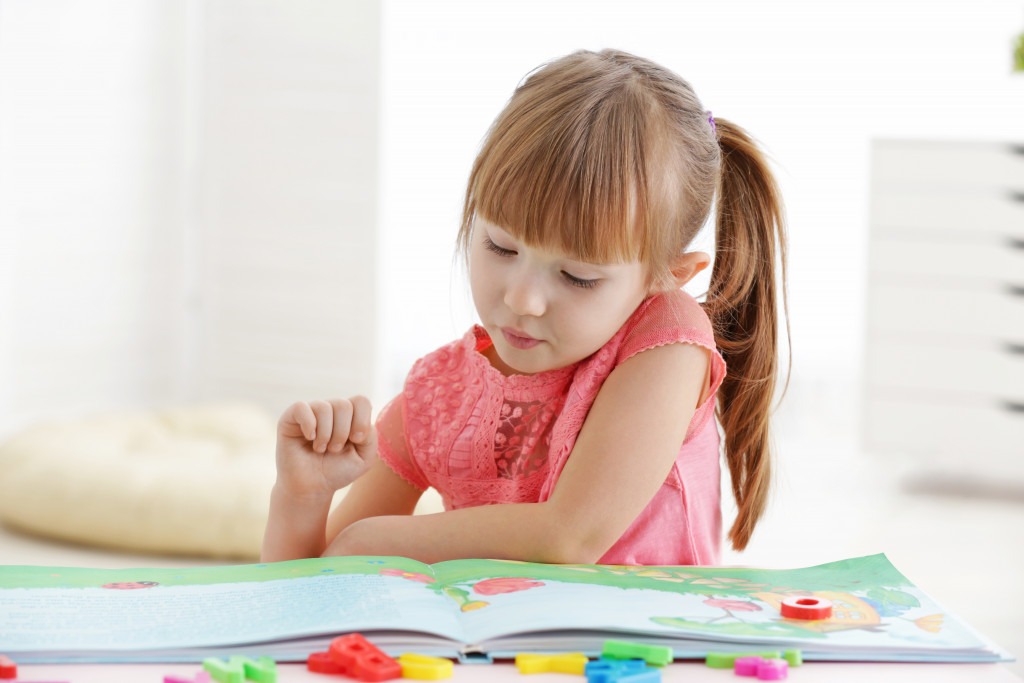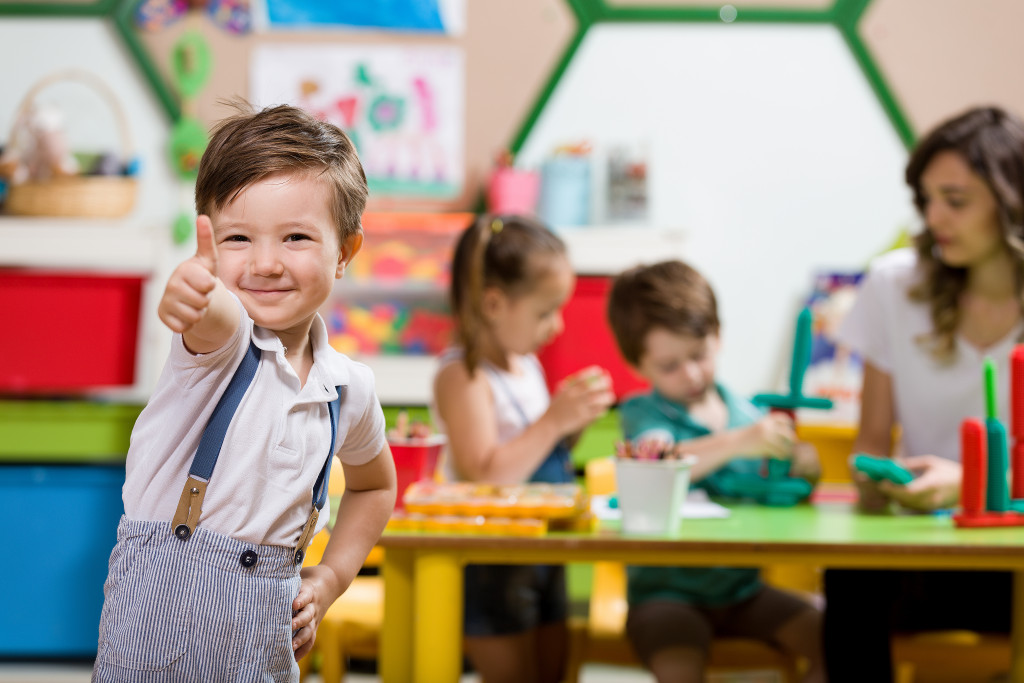How true is it that kids pick up language more quickly than adults? This may not be exactly true. They just learn differently, not quickly, which does give hope to grownups still learning another language.
It’s the infants and toddlers who possess the innate grasp of language, with or without anyone effortfully teaching them, just as long as they are spoken to by the adults. Parents, caregivers, and daycare facilities usually do this part. Somehow, learning how to talk comes the same way infants learn to walk.
This means infants, older kids, and grownups learn differently. In other words, we learn languages differently as our years add up. Infants seem to learn the fastest, given that they tend to begin learning from the womb, which explains why they cry in the same accent as their mom and why they can immediately pick sounds.
Get to Know How Infants to Toddlers Learn Language
For infants, learning a language is inherent, and amazingly, no matter their native tongue, they learn the same way in the first three stages of language development. The expectations for every milestone are the same, although every kid grows along this timeline at a different rate.
At first, they work around their natural ability to hear and distinguish sounds or phonemes. Even when they can distinguish all the 6,500 sounds of the world’s languages, they also have the ability to separate which sounds they’re learning and which they aren’t, which is called phonemic awareness. Ideally, this goes from birth to their sixth month.
After that, they learn words, although not necessarily words but morphemes—the smallest chunks a word can get. For example, ma and mee—these two morphemes when combined make up “mommy.” From eighth to the eighteenth month, the now toddlers would gradually improve their vocabulary.
Finally, they learn full words from their 24th month to the third year and beyond, which they can already formulate into simple or more complex sentences.

Kids vs. Adults’ Way of Learning Language: Who Learns Better?
Going back to whether or not kids learn better in terms of second languages, the answer is both have different skills which they can leverage. What stands out with kids learning a second language is their ability to pick accents up, unlike adults. But overall, adults are also geared up for learning languages, which BBC would most certainly back up.
Kids are good at implicit learning while adults lean toward explicit learning. Immerse children to native speakers, and they can easily imitate them. Learning implicitly, children will need plenty of time to interact with native speakers.
On the other hand, adults fare better at explicit learning given their attention skills, memory capabilities, and cognitive control, all of which kids still have a hard time with. This gives adults a head start at improving on the language they are learning.
Contrary to the popular notion that kids learn languages better, some researchers actually found out that young adults, turn out, do better at learning languages. Take for example a study in Israel comparing three age groups—eight, twelve, and young adults.
The study shows that the older participants picked up language better using the skills and experience they gained from maturity compared to kids who are yet mastering their first language.
This also has to do with conscious and unconscious learning. Like writing down their names or tying their shoes, learning language comes as second nature to children. Kids use the deep motor area in their brains, unconsciously, to grasp other languages.
However, saying that it’s difficult to rewire the brain once it has shed its childhood way of learning seems to neglect the fact that adults are adept at learning consciously. Getting older allows adults to improve their capacity to think about complex concepts.
Adults are likely to consider the language rules and grammar, which actually greatly helps them to learn a second language too. But one striking disadvantage among adults when learning is their fear of committing mistakes in which children are less afraid of.
This hinders them from learning what they should while children continue to interact with their peers or other native speakers regardless of making mistakes.
When kids learn a second language early on, their implicit and unconscious methods of learning can kick start their learning the language more effortlessly, but not necessarily quickly. And just as for adults, learning a second language can boost career opportunities (for kids, in the future), have a wider network, and prevent age-related mental illness.

